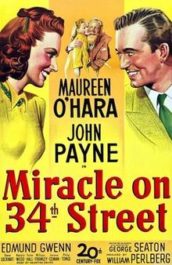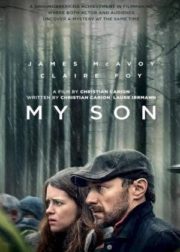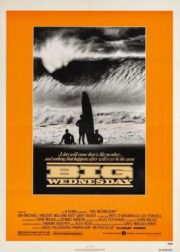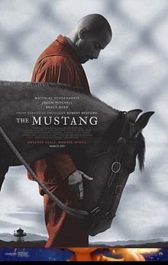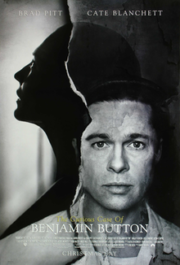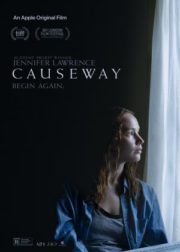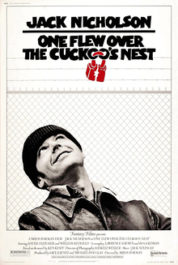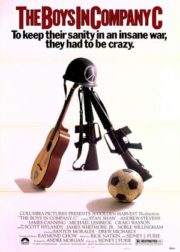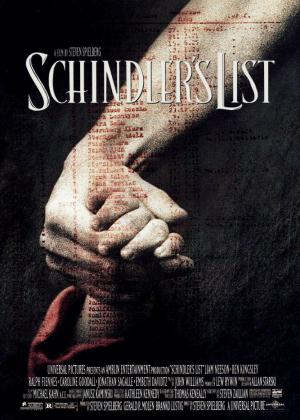
“Schindler’s List,” directed by Steven Spielberg and released in 1993, is a powerful and emotionally devastating film that depicts the true story of Oskar Schindler, a German businessman who saved the lives of over a thousand Jewish refugees during the Holocaust. Widely regarded as one of the most important and impactful films ever made, “Schindler’s List” serves as a poignant reminder of the atrocities committed during World War II and the capacity for compassion in the face of unimaginable evil.
Plot:
The film follows Oskar Schindler (played by Liam Neeson), a German industrialist who arrives in Kraków, Poland, seeking to profit from the war. Initially motivated by personal gain, Schindler gradually becomes horrified by the persecution and systematic extermination of Jews by the Nazis. Moved by a desire to make a difference, he employs Jewish workers in his factory, ultimately using his influence and resources to protect them from deportation to concentration camps. With the help of his accountant, Itzhak Stern (Ben Kingsley), Schindler manages to save the lives of more than a thousand Jews, who become known as Schindlerjuden.
Humanity Amidst Horror:
“Schindler’s List” serves as a testament to the resilience of the human spirit in the face of unimaginable horrors. The film portrays the daily atrocities committed against Jews during the Holocaust, highlighting the suffering, fear, and dehumanization they endured. However, it also showcases moments of compassion, courage, and sacrifice, demonstrating that even in the darkest times, acts of kindness and empathy can prevail.
Black-and-White Cinematography:
Steven Spielberg made a deliberate artistic choice to film “Schindler’s List” in black-and-white, lending a stark and haunting visual quality to the narrative. The monochromatic cinematography enhances the film’s historical authenticity and serves as a powerful reminder of the moral complexities and stark realities of the Holocaust. The sparing use of color, such as the red coat worn by a young girl in one scene, creates a jarring and unforgettable visual impact.
Authenticity and Historical Accuracy:
Spielberg approached “Schindler’s List” with a deep sense of responsibility to accurately depict the events of the Holocaust. The film is based on the true story chronicled in Thomas Keneally’s novel “Schindler’s Ark,” and Spielberg meticulously recreated the time period, locations, and historical details. This commitment to authenticity, combined with powerful performances and a meticulously crafted screenplay, contributes to the film’s profound impact and resonance.
Impact and Recognition:
“Schindler’s List” received critical acclaim upon its release and went on to win numerous awards, including seven Academy Awards, including Best Picture and Best Director. The film’s release sparked widespread discussion and reflection on the Holocaust, prompting audiences to confront the atrocities committed and encouraging dialogue about the importance of remembrance and tolerance. The film remains an enduring cultural touchstone and an essential part of Holocaust education.
Legacy and Remembrance:
“Schindler’s List” has had a lasting impact on cinema and society, inspiring a renewed interest in Holocaust narratives and serving as a touchstone for future films exploring similar themes. It continues to be celebrated for its unflinching portrayal of history, its portrayal of heroism and compassion, and its enduring message of the power of individual action to make a difference in the face of injustice.
Conclusion:
“Schindler’s List” stands as a profoundly moving and important film that chronicles a dark chapter in human history while celebrating the triumph of the human spirit. Through its masterful storytelling, authentic portrayal of the Holocaust, and the exceptional performances of its cast,
Submit your review | |
Schindler's List, directed by Steven Spielberg and released in 1993, is an emotionally devastating and profoundly impactful film that explores the horrors of the Holocaust with unwavering honesty and sensitivity. It is a cinematic masterpiece that not only showcases Spielberg's exceptional storytelling skills but also serves as a testament to the resilience of the human spirit.
The film is based on the true story of Oskar Schindler (played by Liam Neeson), a German businessman who becomes an unlikely hero during World War II. Schindler uses his influence and resources to save the lives of over a thousand Jewish workers by employing them in his factory, shielding them from the atrocities of the Nazi regime. The narrative follows his transformation from a self-interested opportunist to a compassionate savior, highlighting the profound impact of his actions on the lives of those he protects.
Schindler's List is shot in stark black-and-white, a deliberate choice that adds to the film's authenticity and captures the bleakness of the Holocaust era. Spielberg's masterful direction and Janusz Kaminski's evocative cinematography create hauntingly beautiful compositions that serve as a stark contrast to the atrocities depicted on screen. The attention to detail and the meticulous recreation of the period enhance the film's realism, transporting viewers to the harrowing world of Nazi-occupied Poland.
Liam Neeson delivers a remarkable performance as Oskar Schindler, showcasing his character's complex evolution with depth and nuance. From his initial self-centered motivations to his gradual realization of the horrors unfolding around him, Neeson portrays Schindler's transformation with conviction and empathy. The supporting cast, including Ralph Fiennes as the sadistic Nazi officer Amon Göth, delivers equally powerful performances, bringing depth and humanity to their respective roles.
One of the most striking aspects of Schindler's List is its unflinching portrayal of the Holocaust. Spielberg does not shy away from depicting the brutal reality of the concentration camps, the dehumanization of the Jewish people, and the senseless violence inflicted upon them. The film serves as a poignant reminder of the atrocities committed during this dark chapter of history, demanding reflection and empathy from its audience.
The film's narrative is further enriched by John Williams' haunting score, which perfectly captures the emotions and themes of the story. Williams' music evokes a wide range of feelings, from sorrow and despair to hope and resilience, serving as a powerful complement to the film's visual storytelling.
Schindler's List is more than just a film; it is a profound cinematic experience that challenges viewers to confront the darkest aspects of human nature while celebrating the triumph of compassion and humanity. It is a poignant reminder of the importance of standing up against injustice and using one's privilege to make a difference in the lives of others.
In conclusion, Schindler's List is a profoundly impactful and emotionally devastating masterpiece that explores the Holocaust with sensitivity and authenticity. Spielberg's direction, the exceptional performances, the black-and-white cinematography, and the haunting score come together to create an unforgettable cinematic experience. Schindler's List is a film that should be seen by all, as it serves as a powerful reminder of the atrocities of the past and the enduring power of compassion in the face of unimaginable evil.
Without a shadow of doubt this movie is inside the best three movies ever made and I don’t say that in light terms. There are several films that have been called masterful work of arts, but almost all of them have nothing on this movie.
There are no words yet for me to describe this movie because I feel all the words have been thrown around on other movies, but this movie has no rival for now among the many films that I have watch.
In the space of three hours, this movie would make you lose all the hopes you have in humanity, and then gain it right back again. Despite being filled with tragedy, this movie is probably the most important ever made.
You can feel this film. It’s encapsulating, enveloping the viewer in the traumatic world of the story, which becomes all the harder to watch when the subtitles remind you that everything you see is true.
There is such a stark difference between the two worlds shown - the rich and powerful have the ability to end lives while lounging on their balcony in their pajamas, whereas the oppressed Jews are on the receiving end, their pain pulsating through the screen. It is this contrast which makes the titular character’s heroic acts so unexpected - he was a rich man; a Nazi; yet he wanted to use the power he had to save Jewish people instead of kill them.
Everybody gives great performances. Not only the top billed cast members such as Liam Neeson and Ralph Fiennes, but everybody in the background too - the Jews forced into the ghettos and concentration camps portray fear in such a way that it is simultaneously difficult to watch, and hard to tear your eyes away from. The camera doesn’t hide away from anything, so neither can we.


